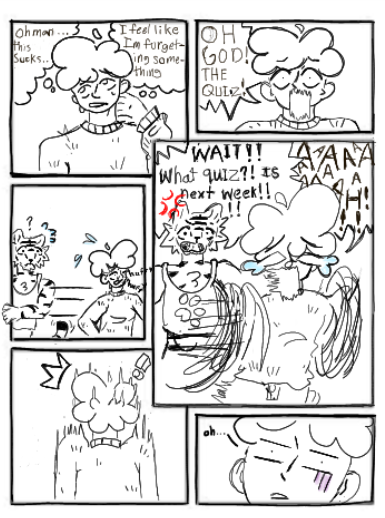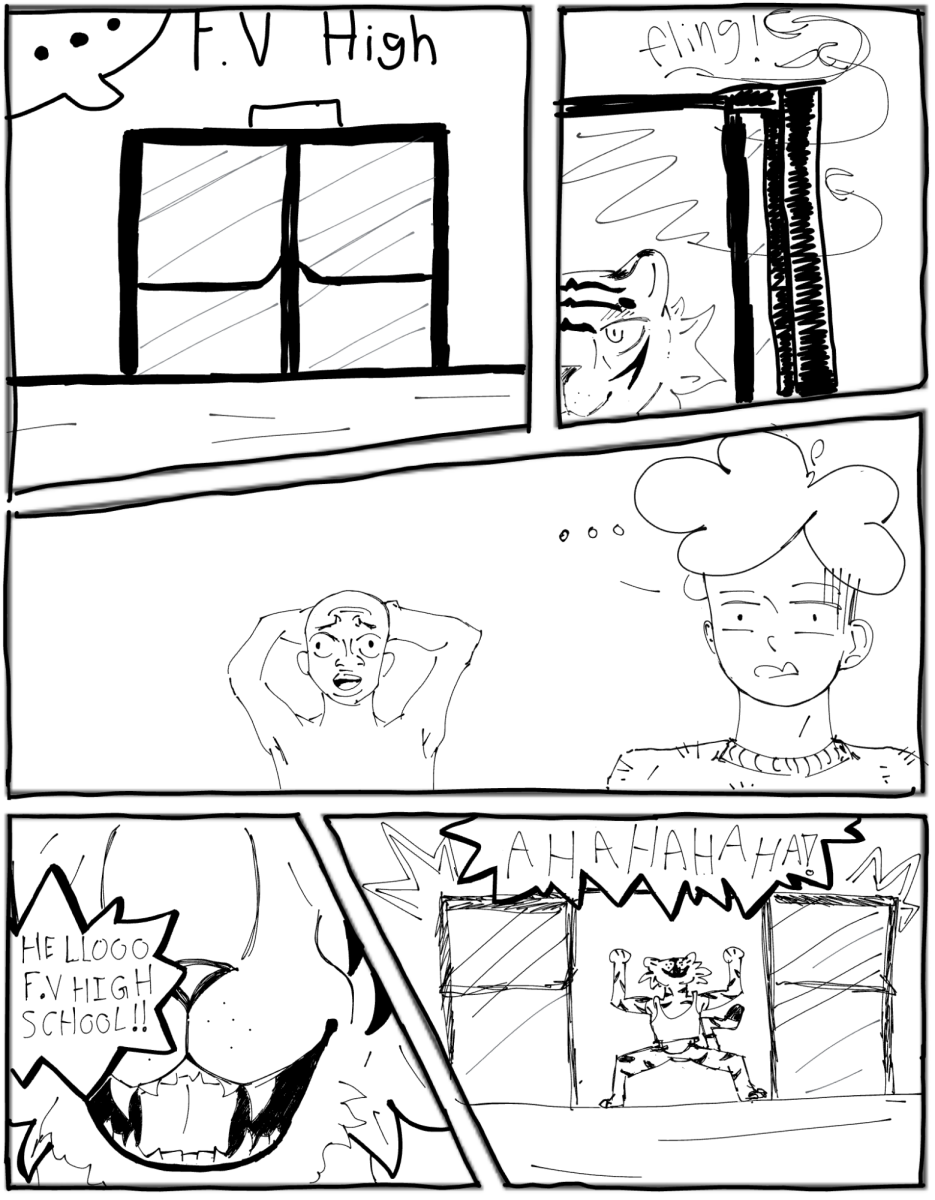I’m sure you’ve heard the phrase “Strict parents raise sneaky kids,” but how does that happen? To understand the connection, you first have to ask yourself: What even is authoritarian parenting? Authoritarian or strict parenting can be interpreted a bit differently depending on who you ask, but it is typically characterized by high expectations, firm rules and little room for leniency or flexibility.
For teens, a strict, authoritarian parenting style does more harm than good because it can ultimately lead to lack of trust, communication issues and lessened emotional expression in parent-child relationships. That lack of trust stems from teens trying to combat these regulations through rebellion and secrecy. That in turn can cause teens to struggle with proper communication and/or opening up to their parents, which can both become damaging habits.
If a teen is constantly having to work around unrealistic rules, expectations and punishments, they are more likely to lie or hide things that don’t meet those guidelines from their parents. Most parents with firm parenting styles believe that their children’s actions are problematic, but fail to understand that most of the time, kids are reacting to parents’ initial behavior. This back and forth escalation of actions and reactions can severely impact the family dynamic. Oftentimes, this leads to detrimental effects to a parent’s relationship with their child, usually in ways like damaging trust and lessening bonding experiences.
A study conducted by the University of Virginia observed participants with strict parents, all ages 13 to 32. Its findings showed that almost all of its 184 participants faced troubles in their relationships—not only with their parents, but also with friends, other family members and romantic partners. This shows that the combined rigidity and lack of warmth aligned with the authoritarian parenting style sets children up to fail in future social settings. If teenagers aren’t being properly bonded with, trusted, or supported by their parents, they shouldn’t be expected to follow a strict, and sometimes unclear set of guidelines for them.
A lack of emotional connection, and strong familial bonds, directly connects to lessened emotional safety, creating the need for teens to suppress basic feelings and communication.
A study conducted by the Pew Research Center reported that 48 percent of teenagers in authoritarian households were uncomfortable about openly communicating with their parents regarding their mental health.
This data clearly shows how teens in households that follow strict parenting styles lack emotional trust and safety with their parents for fear of whatever they share turning into a lecture.
Additionally, this parenting style can create discipline based upon a teen’s fear of punishment, or of the parent themselves, which can lead to unresolved trauma later in life. That fear of getting in trouble, or how a parent will treat you ties back to the emotional safety and not wanting to open up. Constant compliance based upon fear can be severely detrimental to a teen’s mental health since anxiety is a mental disorder stemming from worry and fear.
Some may argue that strict parenting can lead to heightened respect for authority later in a person’s life. A parenting blog states, “Strict parenting can teach children to respect authority when balanced with authoritative support, translating into positive relationships with teachers, coaches, and other figures.”
However, people have various interpretations of respect. Sometimes people use the word to refer to treating someone like an authority, and sometimes it refers to treating someone with basic human decency. Strict parents often highlight the importance of respecting authority figures, and refrain from giving their kids moral respect until they receive that, which typically undermines any desire their child has to treat those authoritarian figures with respect.
So while respect is a valuable and crucial skill, it shouldn’t be taught to adolescents in a forced, non-negotiable manner because that often leads to teens attempting to respect people when they shouldn’t. If you spend your entire life respecting a figure who is un-deserving of said authoritarian respect, just to receive basic human decency from them, it can lead to serious issues acknowledging who does deserve respect. Further applying respect to not only authority figures, but to people in general, is an essential skill.
FVHS freshman Alina Capps said, “If I consistently had to lower my [moral] expectations, for someone who has high expectations for me [in areas of respecting others authoritatively], I would not give this person my respect, time or trust.”
Her statement hints at the importance of earning respect, and how it isn’t gained automatically, even for authority figures.
Teenagers don’t do well with strict, authoritative parenting styles because it damages not only their relationship with their parents, but their mental health as well. Overly-strict and firm parenting also stunts the development of crucial social skills like independence in relationships, as well as the ability to trust and respect others. These outcomes are due to discipline based around fear and respect centered around age or relation to authority figures.
Teens should still embody the characteristics valued in authoritarian parenting styles but for different reasons. It is much more productive for teens to show respect and compliance because of a genuine connection with their parents and a willingness to implement their requests, rather than because they’re afraid of what will happen if they don’t act that way.


































